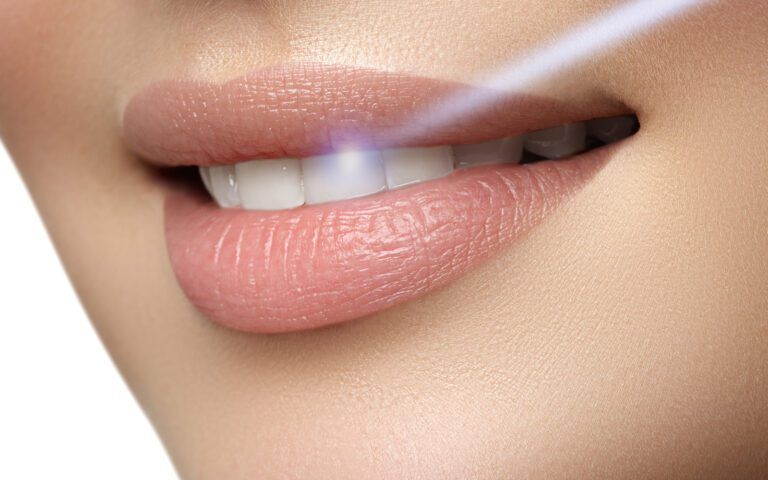How Smile Dysmorphia and Selfie Culture Creates New Aesthetics Demands

With the influences of social media, our self-image has become integrated into every part of our lives. The internet has brought on daily realities when we check social media platforms like Twitter, Instagram, and Tiktok. Although social media has brought us the ability to connect with one another easily, many people often report how unaccomplished they feel compared to their peers. With this comes feelings of inadequacy and unattractiveness. One outcome of this influx of negative self-image is a new form of dysmorphia, called smile dysmorphia.
How Smile Dysmorphia is Harmful To Your Health
A negative self-image is the starting point to this condition, as those who are impressionable to the actions of others are often faced with feelings of inadequacy that lead to a warped perception of the appearance of their smile. This mental health condition often pervades through pickiness about smile whiteness, dissatisfaction with the shape of your teeth, and inability to smile in various circumstances due to this exceeding self-awareness. The fixation on these physical flaws can also lead to obsessions over-improving one’s appearance through dental treatments.
Smile dysmorphia can be an immense source of anxiety, and for someone with this condition, it can lead to a greater reliance on medical treatments and surgeries to “correct” perceived images of imperfections. Similarly, facial and cosmetic surgeons most often see these symptoms in those who have either facial or body dysmorphia, where even if the surgeries are performed correctly, the overall happiness of the patient does not improve. The same can happen for those self-conscious about their smile, and in these cases, certain treatments are used to help control its symptoms, including:
- Tooth Whitening: Tooth whitening is one of the most common treatments used by people with smile dysmorphia, as constant images of whitened smiles lead to dentists offering whitening treatments, and thus an increased demand for these services.
- Gingival Contouring: Gingival contouring is also provided, specifically by cosmetic dentists, to reshape the gums along the tooth ridge line to remove signs of gumminess or thinness.
- Enamel Contouring: Enamel contouring is often used to remove small amounts of enamel and reshape the tooth’s appearance, especially when the tooth shape isn’t aesthetically appealing to the patient.
- Microabrasion: another method of removing enamel, microabrasion is used to create tiny chips in the enamel and eliminate stains along the front of the teeth.
All of these treatments can be great ways to improve your appearance, but cosmetic dental treatments can become an unhealthy obsession. If you suffer from any form of mental illness, it’s important to seek mental health counseling, as smile dysmorphia can cause severe mental distress if left untreated.
Contact Your Cosmetic Dentist For Treatments
Your practitioner will be able to provide information about the best cosmetic treatments for your oral health. Reach out today for a consultation.

Recent Comments